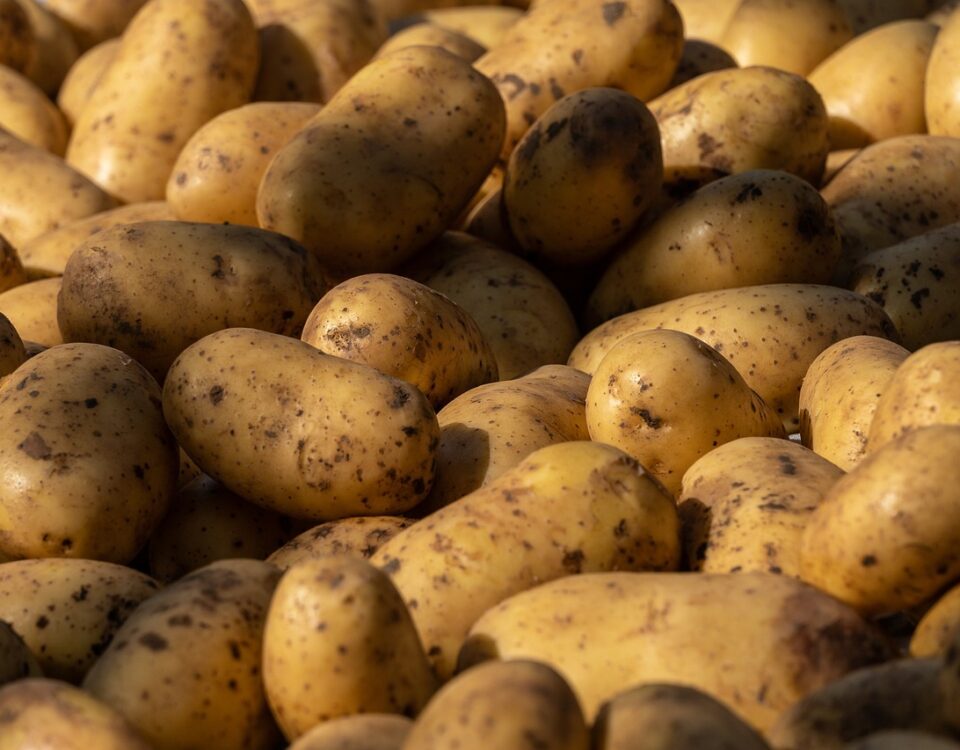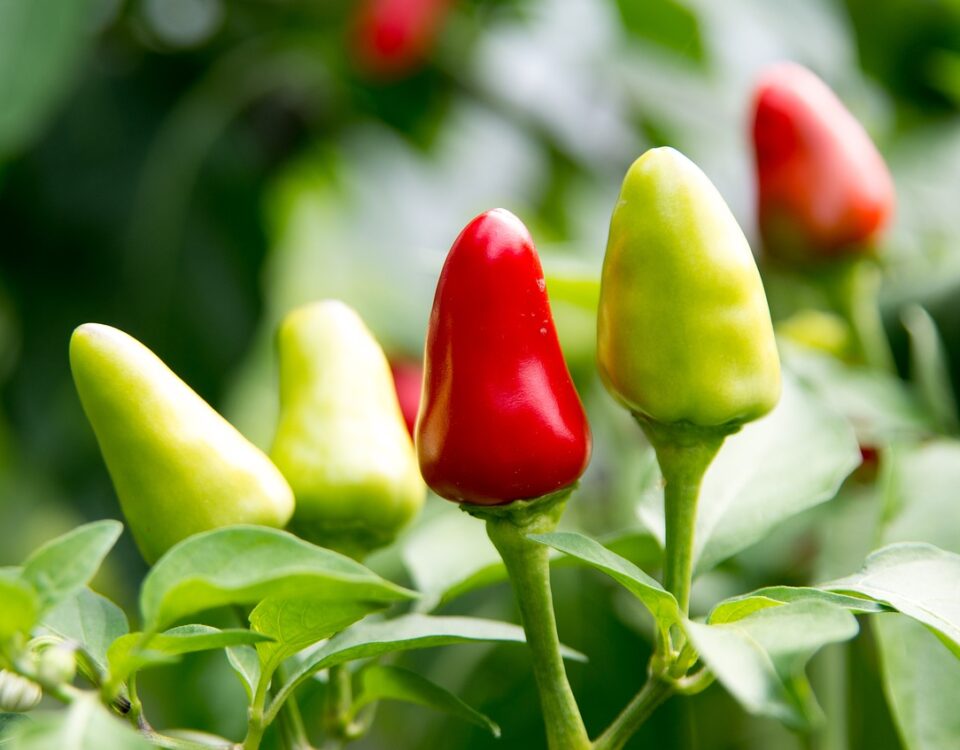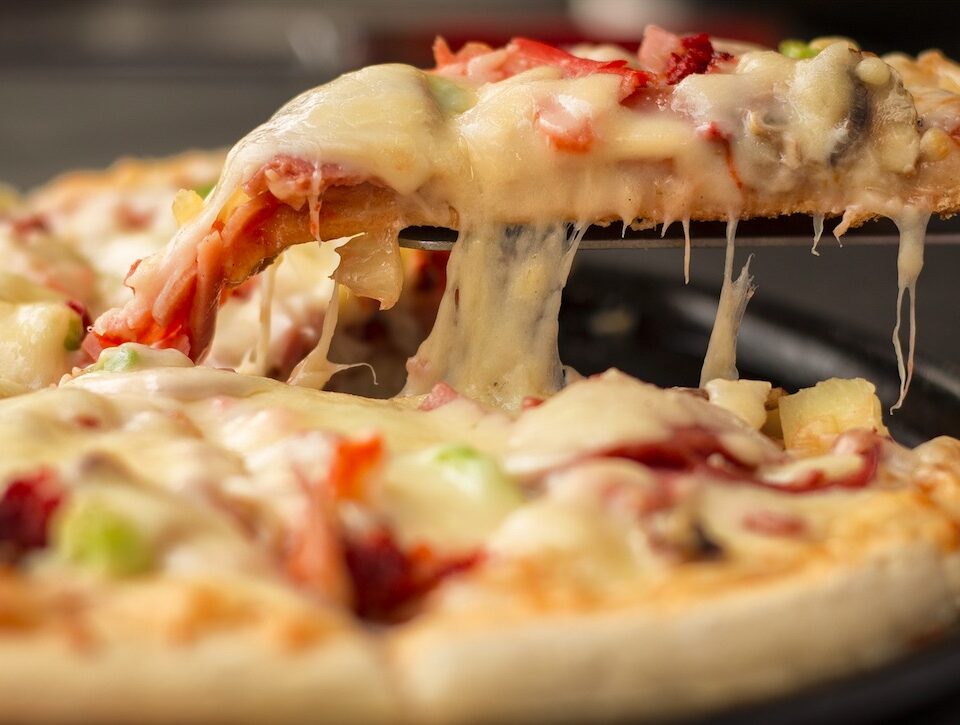
Why Luckin Bought An Island
September 8, 2025
What We Really Mean By Socialism (and Capitalism)
September 10, 2025Droughts make us ask what we will do to get our French fries.
Crunchy French Fries
Long ago, McDonald’s recognized the importance of the crunch. It all began during the mid-1950s when the McDonald brothers said yes to Ray Kroc. Starting to develop a national hamburger chain, Ray Kroc first had to solve his French fry problem. Although suppliers were providing the same russet potatoes and using precisely the same soaking and cooking techniques, still the franchises’ fries varied. Some would be perfect while others were too soggy.
After spending millions of dollars and hundreds of hours, McDonald’s researchers concluded that their storage and frying procedures needed tweaking. Storage time had to be three weeks—long enough for the sugars to turn to starches. Frying them, they had to be sure that the oil temperature did not rise more than three degrees above its lowest point. Then, with an electrical sensor maintaining the three-degree difference, they achieved a consistent McDonald’s crunch.
But still the potatoes mattered. And that takes us to a Minnesota drought.
The perfect French fry has to be long, smooth, and unblemished. It has to look good and taste good. While smooth potatoes glide through processors’ slicers, curvy or bumpy potatoes with dark spots get tossed into the reject pile. To avoid being shaped like a bowling pin, the potato needs fluffy sandy soil, and a consistent water supply.
So, when the 2021 drought hit Minnesota, farmers resorted to the irrigation that sucked huge amounts of underground water. They pumped 6.1 billion gallons more groundwater than state permits allowed. Up from 50 during the late 1950s, in 2022 the number of legal permits soared to 7,000. Also though, they impacted fish populations when dry aquifers no longer cooled streams. Families complained that they had to leave home for showers, drinking, and cooking because their wells ran dry.
Trying to imagine Minnesota’s plight, one author said the underground water supply was like a massive milk shake glass while the state’s wells were the straws we use to drink it. Everyone was just sucking too much through their straws.
Our Bottom Line: French Fry Tradeoffs
As economists, we can see that the droughts created by climate change are pushing us toward increasingly costly tradeoffs. We can ask how much land, labor, and capital we are willing to allocate to irrigation. And even then, we have to decide if potatoes should get the water. Or, could we get used to shorter French fries with dark spots?
My sources and more: Today’s post originated when my class discussed this article. From there I went to AgWeek to see this year’s drought situation (not dire) and our econlife description of McDonald’s history. And finally, I quoted brief excerpts about Ray Kroc from my Econ 101 1/2.
![econlifelogotrademarkedwebsitelogo[1]](/wp-content/uploads/2024/05/econlifelogotrademarkedwebsitelogo1.png#100878)




